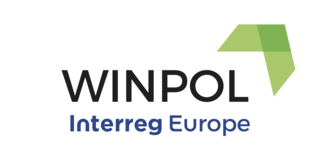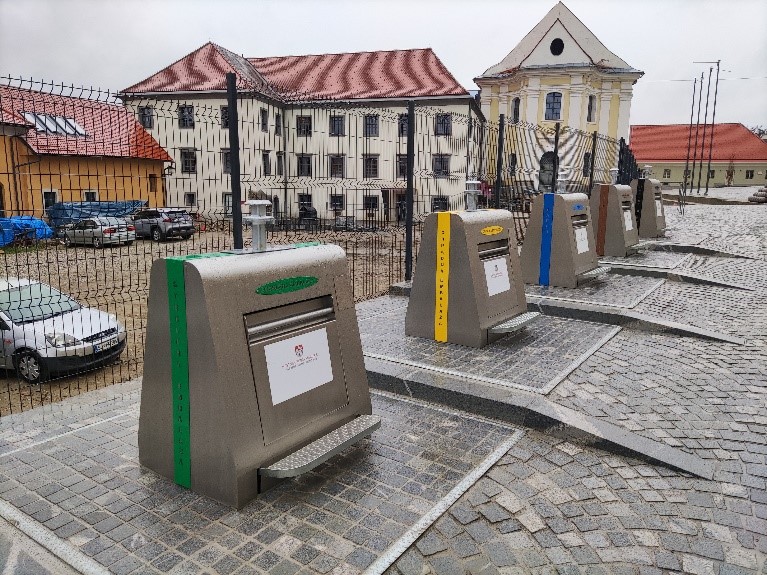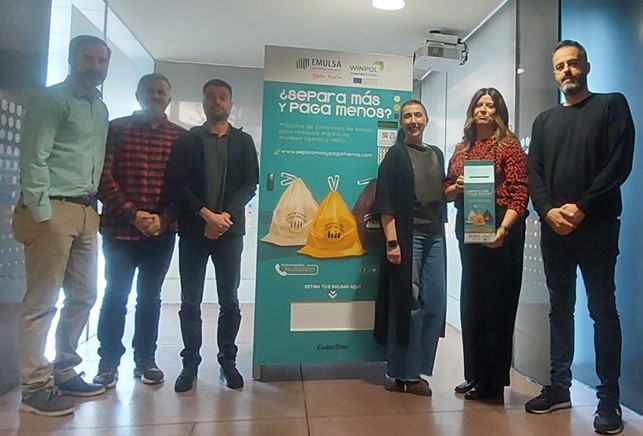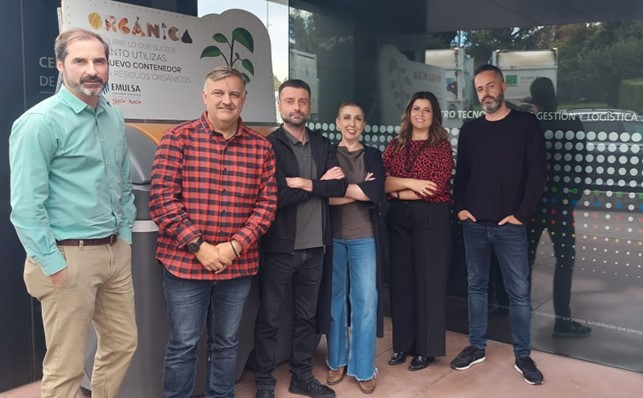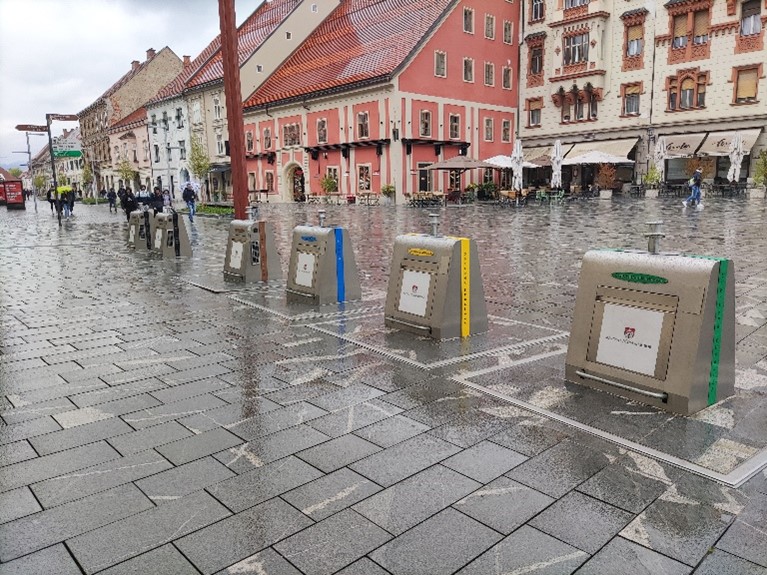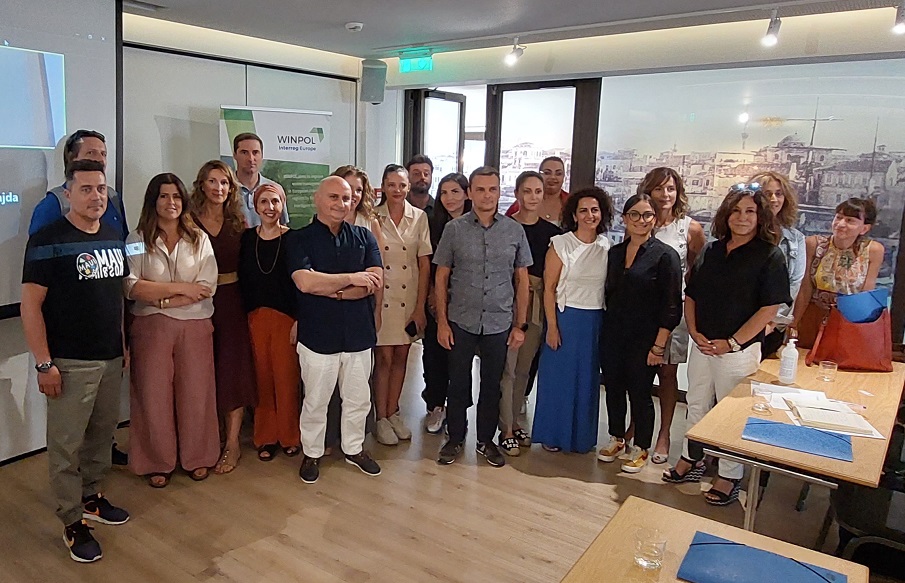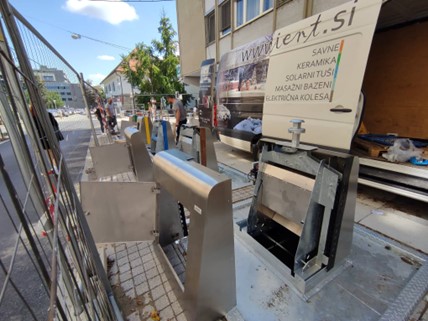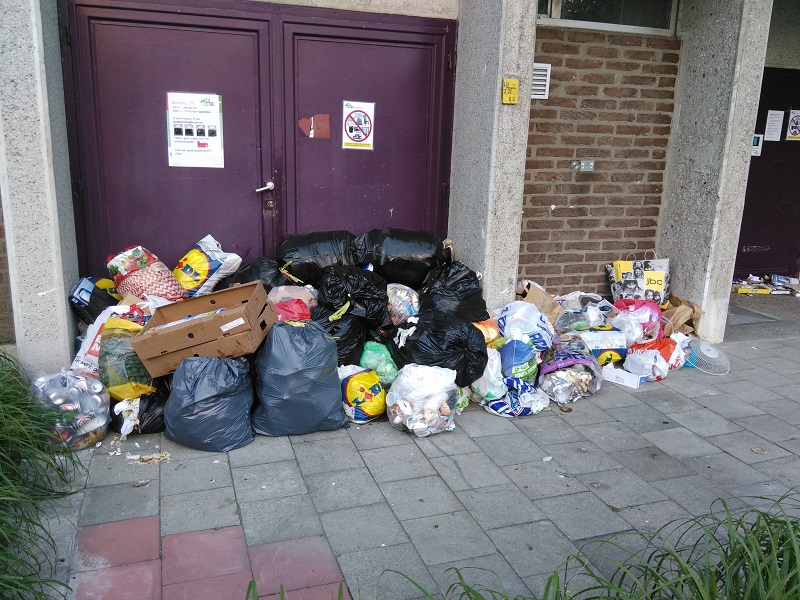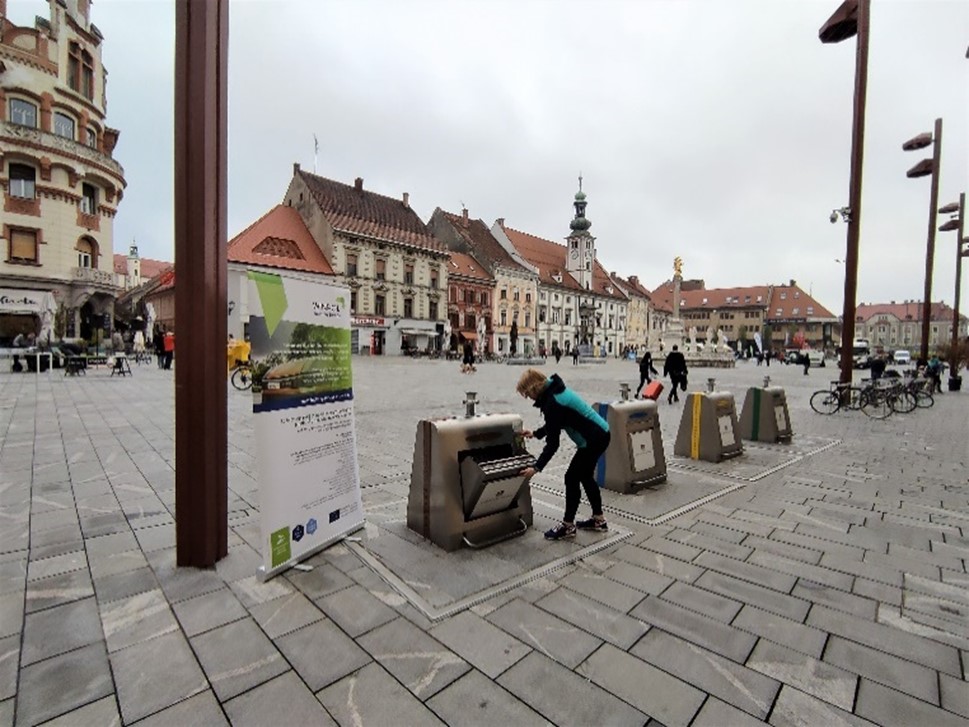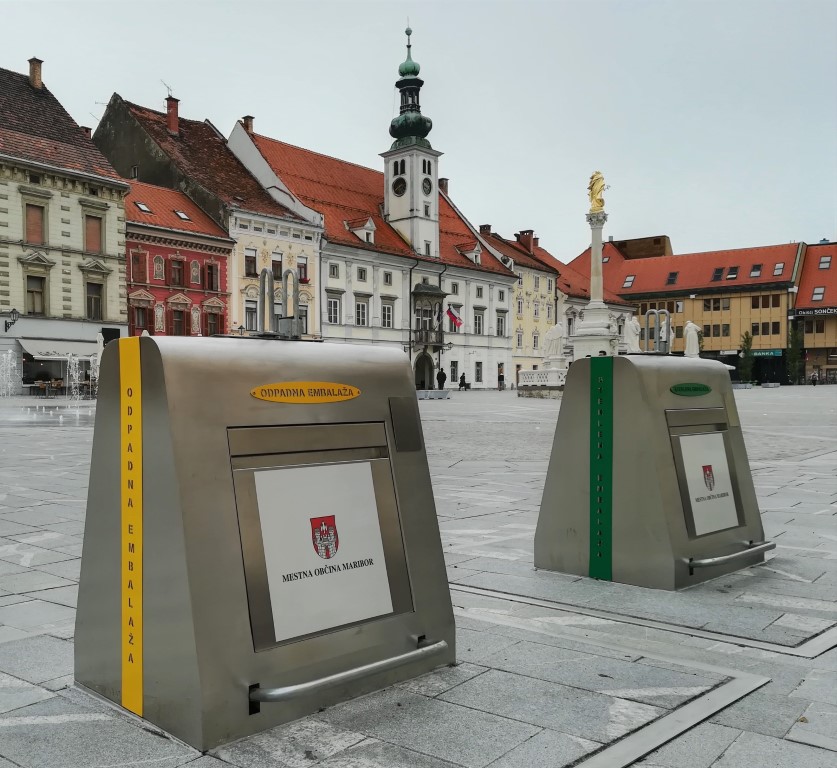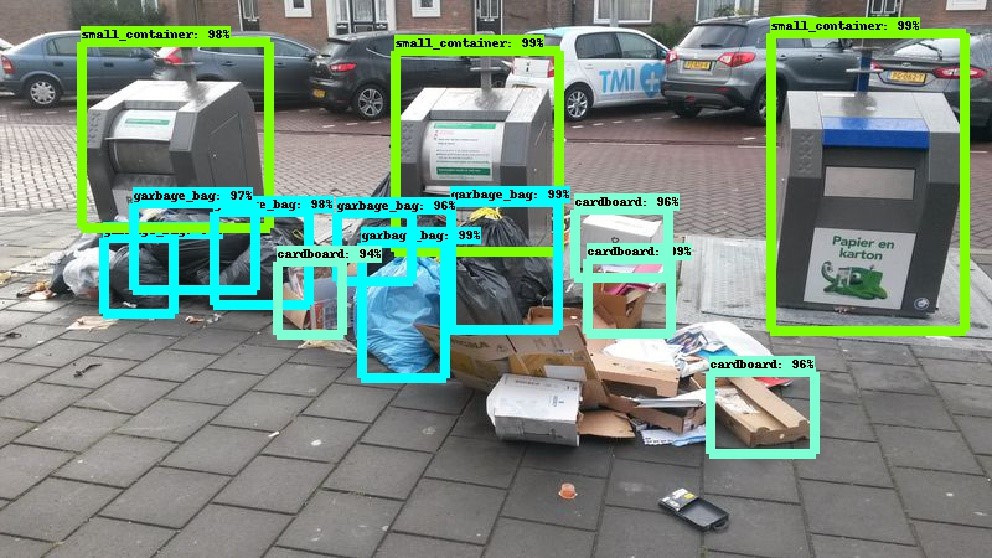The final conference of WINPOL took part last 25 May in Brussels and online. It tackled the role of innovation in waste management, especially to successfully transition to a circular economy in Europe.
The European Waste Framework directives includes several targets to be achieved by Member States regarding municipal waste recycling and reuse. The assessment of the 2025 targets (the preparing for re-use and the recycling of municipal waste shall be increased to a minimum of 55 by weight by 2025) made through Early Warning Reports is still on-going, but a picture already starts to appear. And it is not an optimistic one, as explained by Chiel Berends, from the European Commission – DG Environment. He underlined that the situation is already a little concerning as most of the Member States do not seem in line to meet EU targets. Waste generation is not decreasing, even increasing in some areas, downcycling is still too widespread a trend. In short, there is room for improvement and intervention.
In this context, projects like WINPOL are crucial to support public authorities in EU Member States to overcome the challenges linked to the circular transition and offer solutions to improve their performances and increase resource efficiency at local level. With their work, the WINPOL partners are highlighting innovative practices and tools that could contribute to increase recycling and reuse. The final conference was the occasion to discuss not only the successes achieved at project level but also the progresses made in the use of intelligent systems and policies in waste management.
It included two main sessions combining project partners telling their experience and invited speakers – from Amsterdam, Bergen, Catalonia, and the Life REthinkWASTE project – presenting their innovative practices. The morning session echoed the Thematic Seminar organised by WINPOL on three central topics when it comes to innovation in waste management: collection and use of information to optimise waste management; innovative models for waste collection, prevention and reuse and recycling; innovative tariffication.
This review confirmed the idea that innovation has the potential to greatly improve performances. Despite the limits linked to privacy violation, when correctly used, data and smart tools are a real support for waste management services. The city of Amsterdam, as explained by Paul Koppen, is currently using open information to facilitate and optimize its waste collection. By understanding behaviour from data, it could manage its waste flow and find suitable and tailored alternative collection methods. Another frequent application of smart systems is the use of connected equipment, such as bins with smart chips. Emilia Hamarsland Bjånes shared the experience of Bergen which associates an underground waste system, a common digital platform, and pay-as-you-throw (PAYT) model. The positive transformation of its city centre that was suffering from littering and a general drop of 8% of residual waste talk by themselves. When it comes to innovative practices, the principle of fair taxation is often heard. Teresa Guerrero presented several successful systems at work in Catalonia. It enables an interesting comparison of different payment systems (PAYT, Bonus as you participate, rewarding system, combined) and methods (bags, bins, QR codes, smart containers, cards...). A relatively new approach is Know-as-you-throw, detailed by Michele Giavini who presented the Life REthinkWASTE project. The project is testing the use of the WhatsApp platform to provide waste checking and automated feedback to citizens and thus help them improve their habits.
The WINPOL partners are themselves taking steps in the direction of a better use of smart systems and approaches in their waste management policies, as they explained while describing their Action Plans. These include several actions that partners have developed, inspired by the learnings of the interregional exchange at the beginning of the project, to concretely improve their performances regarding waste management and sustainability. Actions foreseen are as diverse as tackling marine litter, acquiring new equipment for the civic amenity sites, implementing a pay-as-you-throw scheme, developing mobile apps to improve services to citizens or installing underground waste containers… The Actions Plans are currently being implemented but some actions are already successful, such as the installation of an underground waste collection system in Maribor.
Jason Martinez, representing the Interreg Europe Joint Secretariat, concluded the day with good words on the successful outcomes of WINPOL and information on the upcoming calls of the Interreg Europe programme for 2021-2027. A first call just closed this 31 May, but a second one should take place in the first semester 2023.
Presentations from the event are already available on the event page. A recording will be shared in the coming weeks.
